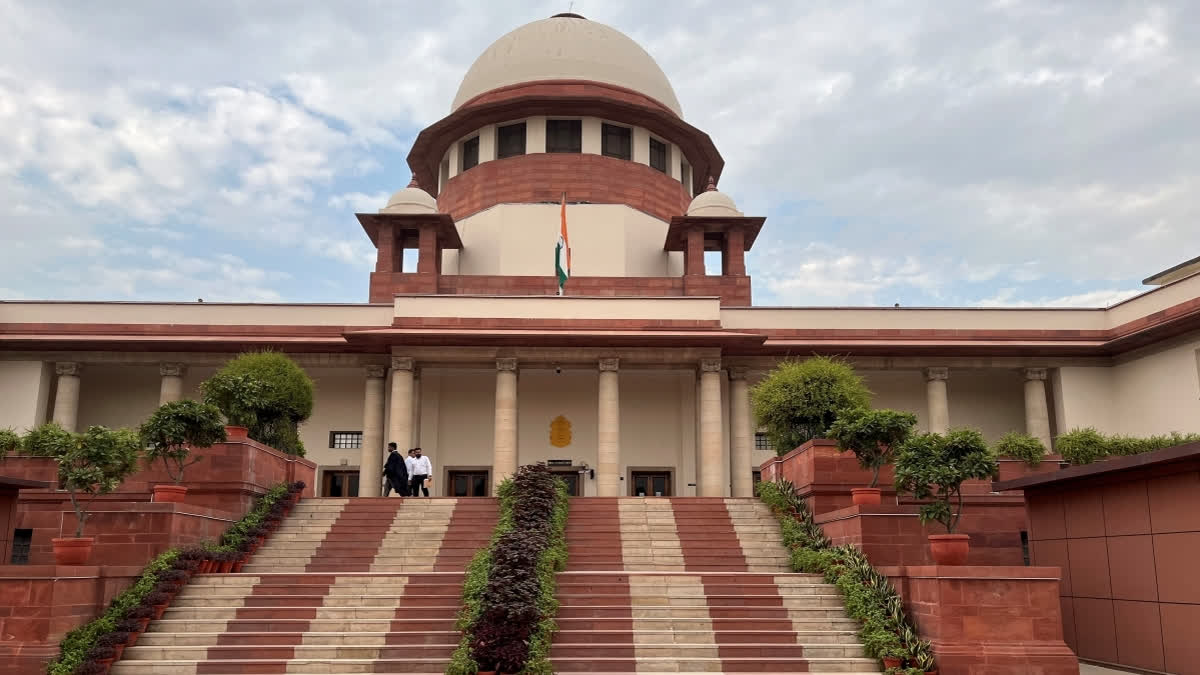New Delhi:A false case of dog bite was foisted on 30-year-old Apoorva Pathak, jeopardising her aspiration of having a career in the judiciary. Despite securing an appointment on merit, Pathak, who won a gold medal in law, fought a long and draining legal battle even after getting an acquittal in 2018.
Pathak's much-awaited relief came recently when the Supreme Court quashed the Madhya Pradesh High Court order against her appointment for the post of judicial officer (civil judge, junior division) for Madhya Pradesh Judicial Services.
A bench comprising justices Sanjay Kishan Kaul and Sudhanshu Dhulia said: “We have absolutely no doubt in our mind that the decision of the High Court taken on its administrative side though well-intentioned, is causing a grave injustice to the petitioner”.
The apex court said, in an order uploaded earlier this month, “In our considered opinion the grounds which have been made by the high court for not giving appointment to the petitioner are not tenable”.
Setting aside the high court order, passed on December 5, 2022, the bench said the petitioner shall be given appointment to the post of civil judge (junior division) and “we also make it clear that her seniority will be given as per the original seniority, i.e., from the date of her selection, in order of her merit”. Pathak was represented by advocate Namit Saxena before the apex court.
The bench noted that the objections raised by the high court that she has not appeared before this court with clean hands is not correct and pointed out that the nature of the offence against the petitioner is itself an extremely minor offence under IPC. “For the non-disclosure of this offence, she has already suffered inasmuch as in the first round of selection for the year 2017 although she was selected but was not given an appointment, and she lost her case right up to the Supreme Court. To punish her again for the same reason in the next selection process is not justified in our opinion. To put it simply, the petitioner was charged with an offence under Section 289 IPC, for which she was acquitted in the year 2018”, said the bench.
The high court had contended that it is not the gravity of the offence which counts, but the fact that the petitioner had not disclosed the fact that in the earlier selection process which was for the year 2017 her candidature was rejected for the same reason. A reference has been given to the same selection which was made for the year 2017 where evidently the petitioner had not disclosed the fact and therefore, she was not appointed although she had qualified the examination.
